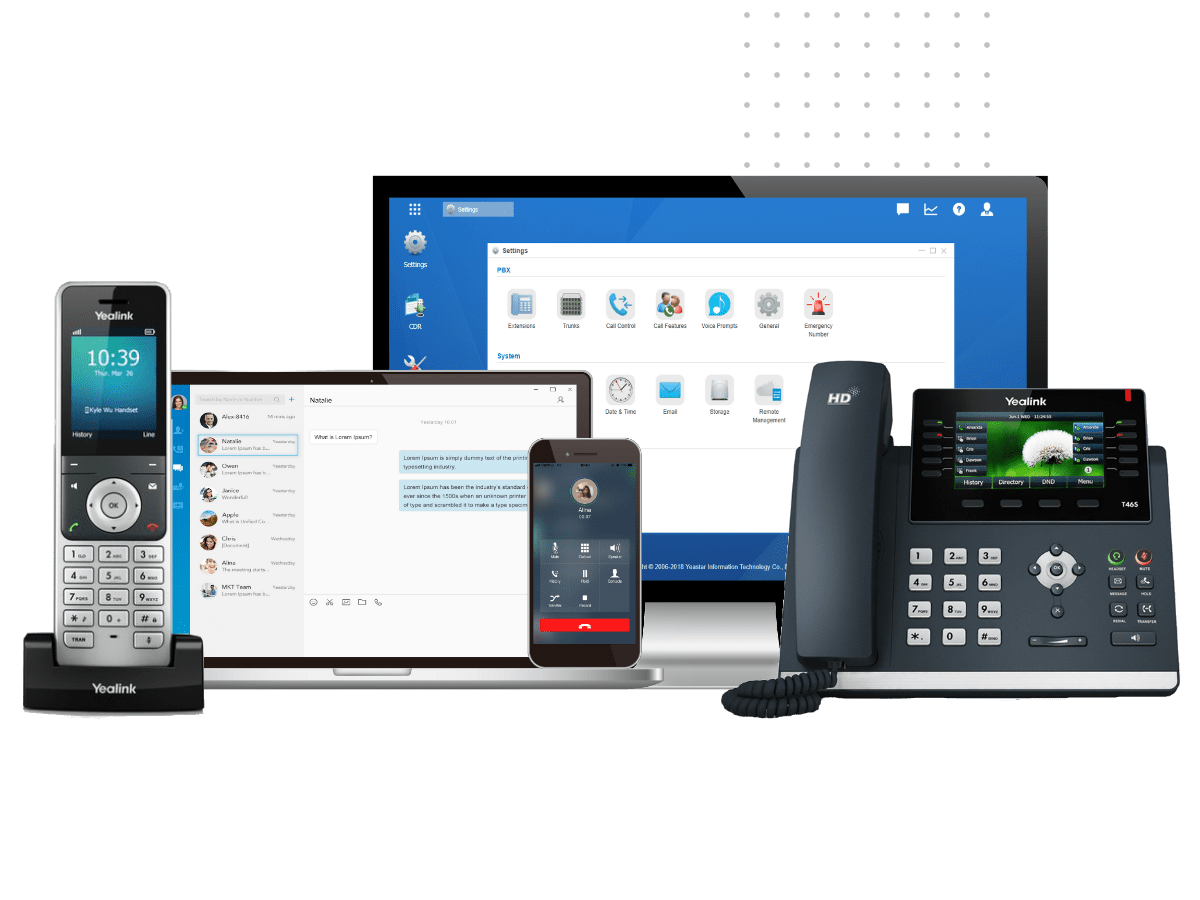

Effective communication is the backbone of any successful business, and for small businesses, having a reliable telephone system is crucial for maintaining professionalism and efficiency. Whether you need a basic landline setup or a cloud-based telephone system for small business, choosing the right solution can improve customer interactions and streamline internal operations.
This guide explores the best telephone systems for small businesses in Singapore, covering different types, essential features, pricing considerations, and top service providers.
For an in-depth buyer’s guide on small business phone systems, check out our detailed article: Small Business Phone System: An Ultimate Buyer’s Guide.
1Traditional Landline Systems
Traditional landlines rely on public switched telephone networks (PSTN). While they offer stable connections, they are becoming less common due to higher costs and limited features.
Pros:
Cons:
VoIP systems use the internet to make and receive calls, making them a cost-effective and feature-rich option for small businesses.
Pros:
Cons:
PBX phone systems are internal networks that allow businesses to manage multiple phone lines efficiently. There are two types:
Pros:
Cons:
When selecting a telephone system for small business, consider the following key features:

1Singtel BizVoice
Singtel BizVoice is a cloud-based telephone system for small businesses offering affordable and scalable solutions.
Velox specializes in VoIP solutions designed for small and medium enterprises.
A leading VoIP provider offering business-grade phone services with enterprise features.
Ideal for businesses looking for a unified communication platform.
Understanding the cost of a telephone system for small business is vital for budgeting:
| System Type | Setup Cost | Monthly Cost | Features & Benefits |
| Landline | High | Moderate | Basic calling |
| VoIP | Low | Low | Advanced features, remote access |
| Cloud PBX | Moderate | Low | Scalability, integration |
| On-Premises PBX | High | High | Suitable for large teams |
Setting up an efficient business telephone system is essential for seamless communication and operational success. A well-planned implementation ensures that your organization benefits from reliable connectivity, cost-effective solutions, and enhanced productivity. Follow these key steps to establish a system that meets your business needs.
Investing in the right telephone system for small business is essential for improving communication, customer service, and overall efficiency. Whether you opt for a traditional landline, VoIP, or cloud-based PBX system, choosing a scalable and cost-effective solution will benefit your business in the long run.
For more details on available phone system products, check out:





By now, you have probably heard about all the fantastic

Softphones bring a wealth of advantages to business communication, such

Please be informed that our office will be closed from

Please be informed that our office will be closed from
